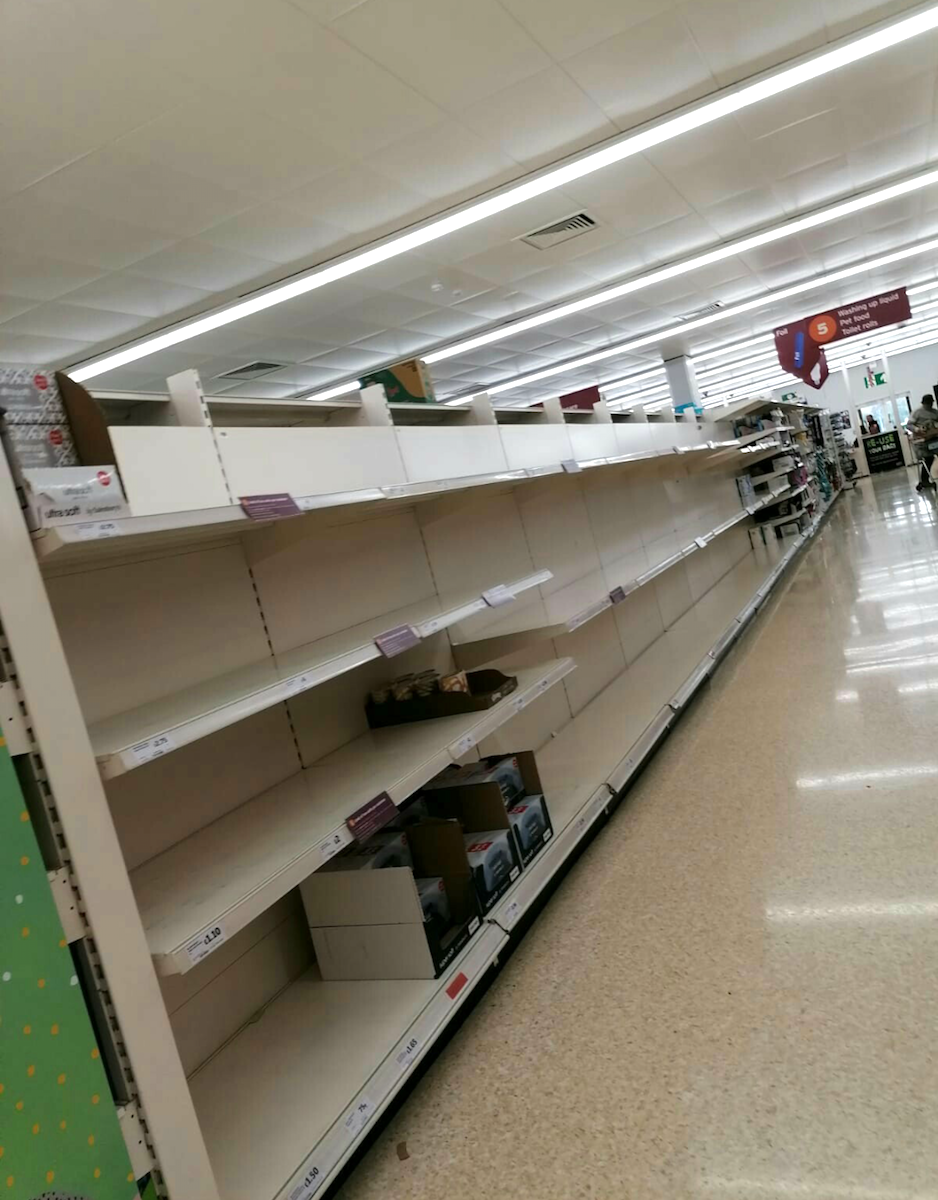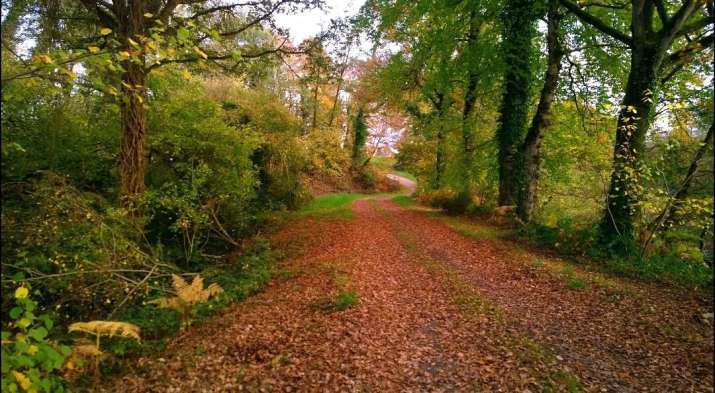FEATURES|COLUMNS|Silk Alchemy
Making a Difference: Radical Happiness
We have no idea of the extent of the fallout following these weeks and months of lockdown. We have no idea how the world will look after the protests and demonstrations. India is drowning again. America is burning. And this time it’s not forest fires burning up the oxygen but a people-fueled homeland war zone. Burning and looting our neighbors is like burning our own home down while hoping those ensconced in ivory towers will suffer. Is it still desperation that drives many to acquire while they can? A primeval fear of lack?
Speak to those who have lost everything.
A new smartphone or pair of sneakers will never fill the void. The people of Syria have been burning for nearly a decade—the unimaginable suffering of those whose voices we will never hear. Right now, there are countries where people’s voices are being systematically silenced. Around the world, people are tired of not being heard, with any action they do or can undertake consistently becoming yesterday’s forgotten news, overshadowed by primetime entertainment drivel. But many people are insistent on real change this time. A change to a society in which we can walk without fear, talk without fear, and evolve as a species, spiritually and with a reverence for the planet on which we are so dependent.

Image courtesy of the author
A curious point that made the news recently is how COVID-19 affects the lungs, making it hard to breathe, echoing the last words of the late George Floyd that have become one of the poignant expressions of the Black Lives Matter protests: “I can’t breathe.” It’s like two major global happenings suddenly became one. And what a metaphor to describe the suffocation many have felt and continue to feel.
Perhaps the world will resume where we left off three or four months ago, but for sure so many lives have already changed. For many, it’s not only the practical implications of what’s going on now, but the effects of all these events on peoples’ emotional wellbeing. Confinement, isolation, fear, loss, suffering, trauma . . . the list is long and the experiences subjective.
Social media platforms had once given room for tremendous amounts of cyberbullying, yet the backlash was an upsurge in speaking out about personal suffering and addressing the responsibility we have for each other. And with the internet giving many of us access to a breadth of information and support unlike at any other time in our history, we found that we were not alone.
I don’t know what the world will be like . . . probably not so different. After all, capitalism still rules, and the fear of lack still fuels the drive for power and acquisition—both individually and collectively. And at a core level, many still feel more comfortable with familiar paradigms, even if it’s something to complain about: “better the devil you know,” while the occasional grumble keeps people occupied.
But maybe it will be different? The divide between those who have and those who lack is as evident now as at any time in imperialistic history, and the people have had enough.
Following on from my previous essay on how our everyday actions can make the difference that we want to see in improving the health of our global society, I want to ask what is it that we can do? What are the foundations we can take control of to make a difference? It is Goliath that we face, and not even the corporate giants, but the giants that quietly pull the strings of control on a global scale—whether there is a grand plan or total chaos is not even the question any more. We also face a mountain of ignorance at all levels of society. People who are more concerned with the price of cigarettes and the melodrama of daytime TV through to those who can own a fleet of luxury cars and have no interest in giving up their lifestyles, no matter the cost.
It has been suggested that to make real change, coming together and doing things most are terrified to do alone is the most radical approach. What would happen, for example, if one day everyone stopped paying their taxes? What if every woman in the world took back her sovereignty? Sadly, street marches seem to have little to no effect within 72 hours of being a news report, and many women are still under physical threat from those with more power. This world is so out of balance.
And balance is surely what we need. We begin with our own emotional balance. Many who have suffered find it hard to talk about it. Many do not wish to. Many cannot bear to relive their experiences by talking about them. And for others, it is the only emotional release they have. For many, a trauma is so great that the brain hides it away. A shaman would say that parts of our soul fragment and reside in another dimension, away from this gross matter.
 Image courtesy of the author
Image courtesy of the authorI once had the idealistic idea that quiet meditation, as it is proven to have a calming effect on the mind, must always be of benefit. And while this is neurologically the case, those suffering from trauma can find that meditation makes things even worse. And for many, it just plain doesn’t work.
Amid all the unrest and suffering in the world, I recalled a social media meme I once read which stated that the most radical thing we can do is to be happy. In many ways, I think they are right. Not merely happy, but content within ourselves. At peace. And the calming and balancing effects of meditation can be found in other ways other than the stillness of eyes closed. Naturally, Buddhism advocates meditation so many readers will already have a regular practice.
However, over the next few months I thought I would explore some alternative practices, and I’d like to invite you in discussing some less-than-usual ways that we might find peace and balance within. Not all the practices I mention will feel right for you and that’s OK. Feel free to try them and leave any on the shelf if they don’t work. Some you may not have thought of and may even seem a bit daft at first read, but many of these practices find merit in the mindful doing rather than remaining academic. A bit like breathing. The academic insights are very interesting, but there is so much more value in the actual practice.
In next month’s article I shall introduce you to the first exercise that can help us dig a little deeper into ourselves, find root, discover a little more in the pursuit of inner contentment, and perhaps help make the world a bit healthier at the same time.
See more
Tilly Campbell-Allen (Dakini as Art)
Related features from Buddhistdoor Global
Metta Draws the Line
Coping with Fear, Anxiety, and Panic During the Pandemic
Being Like a Mountain: What Hokusai’s The Great Wave Says About Remaining Calm in Troubled Times
Related news from Buddhistdoor Global
Buddhist Non-profit FHSM Delivers Pandemic Relief in India amid Humanitarian Crisis
American Buddhist Confederation’s Ven. Ming Yu Recognized for Distributing Emergency PPE in NYC
Korean Buddhists Join Fellow Religious Leaders to Call for Ban on Discrimination Against Minorities
Los Angeles Buddhists Perform Silent Meditation Walk in Solidarity with Anti-Racism Activists














